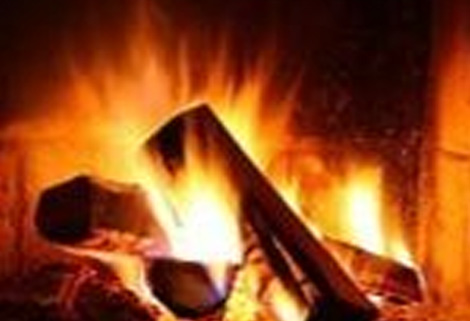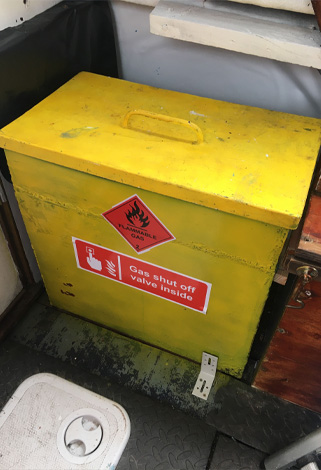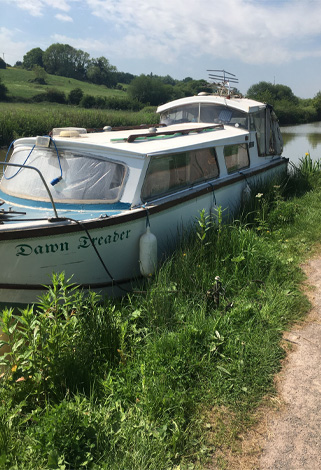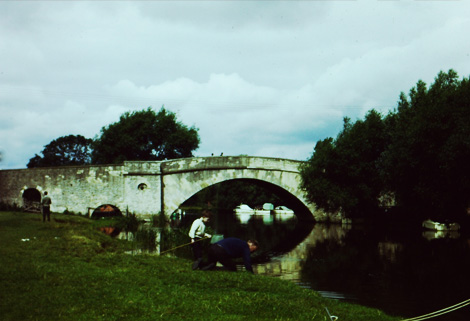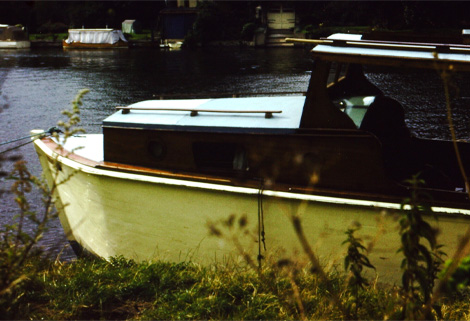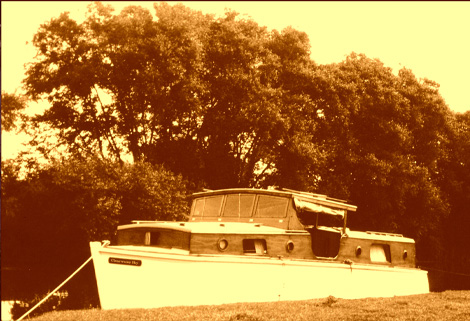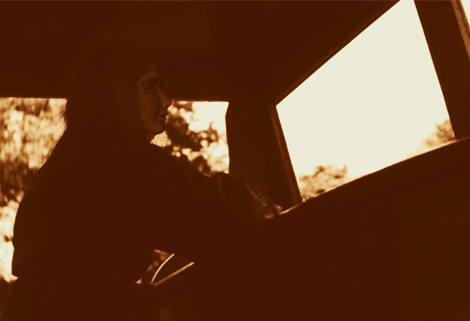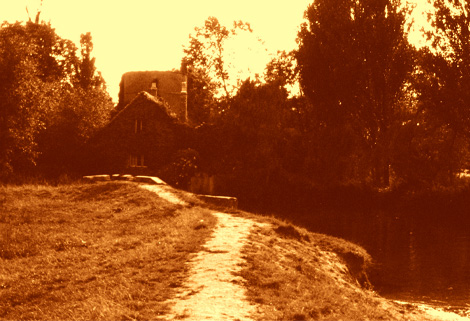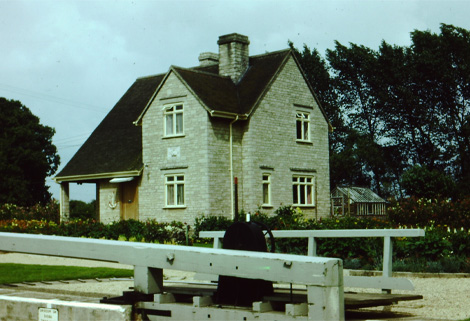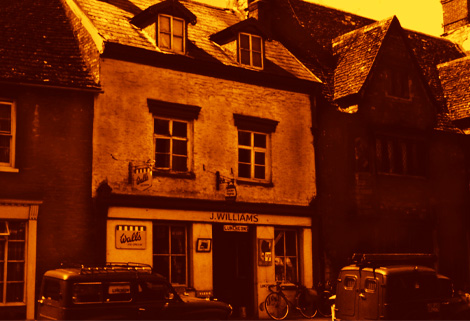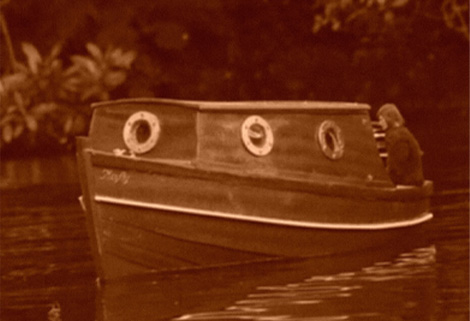meet charles garven
waterways chaplain since 2021
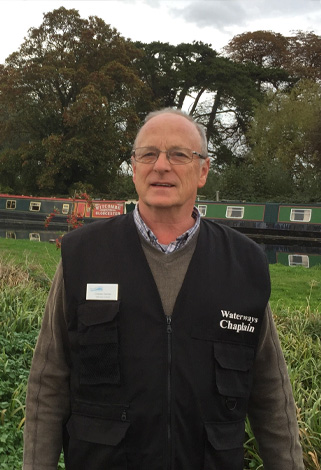 Meet Charles Garven, who has been a Waterways Chaplain since 2021. He used to spend a long working week as a lorry driver but took early retirement during lockdown and, as life began to return to normal, re-evaluated his time.
Meet Charles Garven, who has been a Waterways Chaplain since 2021. He used to spend a long working week as a lorry driver but took early retirement during lockdown and, as life began to return to normal, re-evaluated his time.
Having served inside the church as Lay Reader for over 25 years, he wanted to take his faith out into the community and becoming a waterways chaplain was one way of doing just that. He and his wife have been live-aboard boaters since 2005.
Currently, they have a mooring near Saul Junction on the Gloucester and Sharpness canal, which is a wide ship canal bypassing the dangerous sandbanks and huge tides of the River Severn.
He is Senior Waterways Chaplain for the Severn and (Stratford) Avon, and his team covers Sharpness through to Worcester and also cross to Stratford. They can be ‘on call’ for the Monmouth and Brecon and for the upper Thames and one of their members covers the Penarth and Cardiff Bay marinas.
The waterways chaplains minister to anybody and everybody they meet on the towpath – boaters, walkers, fishermen, canal staff, local businesses, etc. etc. There are no boundaries. He says that the root causes of many problems stem from loneliness, poor health or financial poverty.
He relates that, a few months ago, he met a boater who owned only the clothes he was wearing that day. He was unwell with a long-term condition which made him unemployable, and his medication gave him depression. His income support was mostly spent in the pub, which did in fact help with the depression, but sadly only contributed to his ill health. Charles asked for help through the local church news sheet.
Within three days, he was able to deliver five large bags containing clothes, some of which were brand new and had been bought especially. This gentleman must now be one of the best dressed people on the towpath!
Another man he met lives on his boat with his wife and family. He was a jobbing boat builder and had done some work for a client who hadn’t paid him. This brought hardship to the whole family. A couple of visits from the local food-bank was enough to put them back on track. When he saw them again, they were overjoyed. “They even gave us Easter eggs for the children!”
I asked Charles if the problems of those he tries to help depresses him and were there any upsides. He said that he was well supported both at home and by his local church and local waterways chaplaincy. So, he doesn’t really get depressed, but he does feel for the people he meets and shares their concerns.
He added, “Yes, there are upsides, of course. There is happiness to be shared when a friend comes through a difficult patch. And having 100 people on the towpath for a carol service at Christmastime is a joy!”
I asked him why he undertook this ministry. He said, “Quite simply, to offer practical, emotional, and spiritual help as it is needed. If you try and ram Christianity down someone’s throat, they will choke on it. But by being a friend and trying to help, and perhaps reminding someone of things that were important when they were younger, I am planting the seed of evangelism.
And, of course, I enjoy it!”

